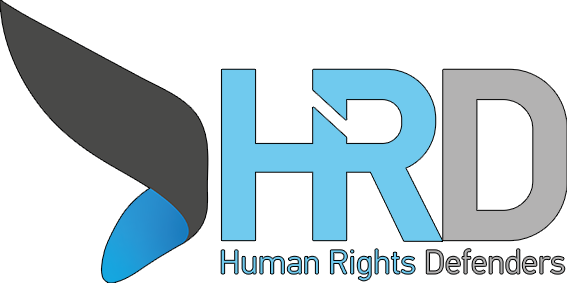We strongly condemn the recent torture and ill-treatment of 27 young women (among them 23 University Students) under Police custody in Uşak-Turkey.
The torture and ill-treatment were disclosed after one of the victims gave an interview to the press[1] . In her interview the victim states that she and the other victims were forced to putt off their headscarf during the custody, that the police had several times made the body-check while the victims were fully naked and that she had to make several times squats while being naked.
The victim further expressed that prior to the official interrogation, she and the other detainees were taken to unofficial questioning without their lawyers and were forced to make confessions.
The women were taken under custody last week, with alleged ties to the Gülen-Movement, which is persecuted by the Erdogan regime in Turkey and globally. 22 Students were released on 4th September 2020 with a judge decision.
This case illustrates a worrying pattern of violent arrest, beatings, and other abuse that seems to be part of an increase in violent treatment in custody, which also is being brought to daylight with the latest reports of the anti-torture Committee of the Council of Europe[2].
There has been a marked resurgence of police torture and ill-treatment in custody over the past five years and in particular since the failed coup attempt in Turkey in 2016. Turkey has a long and poor history of tolerating torture and invoking superficial denials and unconvincing explanations of how detainees have been seriously injured or died in custody.
Widespread impunity for abuses by security officers sends a message that they are above the law and encourages them to abuse detainees[3]. Turkey’s president and interior minister need to state publicly in unconditional terms that Turkey will abide by the absolute prohibition of torture and ill-treatment and bring those responsible for abuse to justice.
Human Rights Defenders e.V.
[1] https://www.boldmedya.com/2020/09/08/kiz-ogrencilere-iskence-kulotunu-indirip-otur-kalk-yaptirdilar/
[2] https://www.coe.int/en/web/cpt/turkey
[3] https://humanrights-ev.com/joint-report-impunity-an-unchanging-rule-in-turkey/












